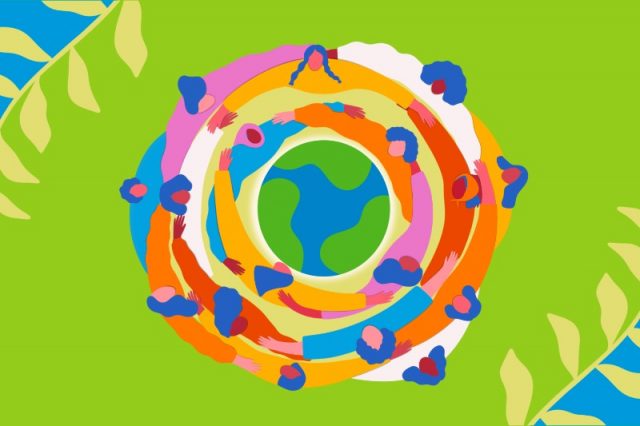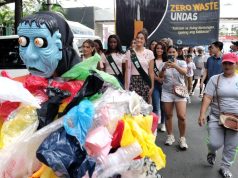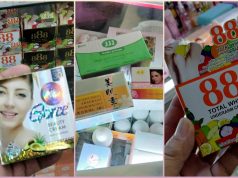Two organizations focused on the impact of climate change and harmful materials to women as the nation marks International Women’s Day on March 8.
The theme for IWD 2022 is “Break the Bias” wherein it seeks to break the “bias” of women in all sectors and communities.
In an explainer released online, the World Health Organization Philippines highlighted how women and girls experience the greatest impact of climate change in many countries.
“The climate crisis is not ‘gender neutral’. Women and girls experience the greatest impacts of climate change, which amplifies existing gender inequalities and poses unique threats to their livelihoods, health, and safety,” WHO said.
“Across the world, women depend more on, yet have less access to, natural resources. In many regions, women bear a disproportionate responsibility for securing food, water, and fuel,” it added.
This #InternationalWomensDay, learn how climate change impacts women and girls, why gender equality is key to #ClimateAction, and what you can do to support solutions for women, by women.
🌱 https://t.co/2FAtzg6LFh #IWD2022 pic.twitter.com/8Dqm3r8xPY
— World Health Organization Philippines (@WHOPhilippines) March 8, 2022
WHO cited agriculture as an example. It said that some girls are forced to leave school to help their mothers with agricultural work during periods of drought and erratic rainfall.
The organization also stated that women and girls are among the most affected when climate change results in conflicts in societies and countries.
“Climate change is a ‘threat multiplier’, meaning it escalates social, political and economic tensions in fragile and conflict-affected settings. As climate change drives conflict across the world, women and girls face increased vulnerabilities to all forms of gender-based violence, including conflict-related sexual violence, human trafficking, child marriage, and other forms of violence,” it said.
Aside from women, climate change also severely affects LGBTQ communities, indigenous women and other vulnerable sectors.
“It is clear that climate change risks are acute for indigenous and Afro-descendent women and girls, older women, LGBTIQ+ people, women and girls with disabilities, migrant women, and those living in rural, remote, conflict and disaster-prone areas,” WHO said.
Environmental group Ecowaste Coalition, on the other hand, called on big e-commerce platforms Shopee and Lazada anew to enforce their policies against harmful mercury-containing skin whitening products for women.
“We call on Lazada and Shopee to enforce their policy not to tolerate the sale of harmful cosmetics. It has come to our attention that there are still mercury-containing skin whitening products sold on your platforms,” the coalition said.
“Please remove advertisements for and sellers of such products from your platforms. Your immediate action will help protect consumers from being exposed to toxic mercury,” it added.
Ecowaste also urged the merchants themselves to stop the trade of these cosmetics.
It cited the still standing global ban on excess mercury on products under the Minamata Convention.
RELATED: Parley, Goree, other skin whiteners found to have high mercury content
This convention sets the international limit for mercury content at one ppm.
“We take this opportunity to reiterate our appeal to all online and offline sellers to stop the sale of mercury-containing cosmetics. Your compliance will support the global ban on mercury-added cosmetics under the Minamata Convention on Mercury,” the coalition said.
Previously, Oxfam Pilipinas, a humanitarian aid organization, also launched several activities for Women’s Month this March that will culminate on IWD.
READ: Rundown: Free virtual activities to celebrate Women’s Month










